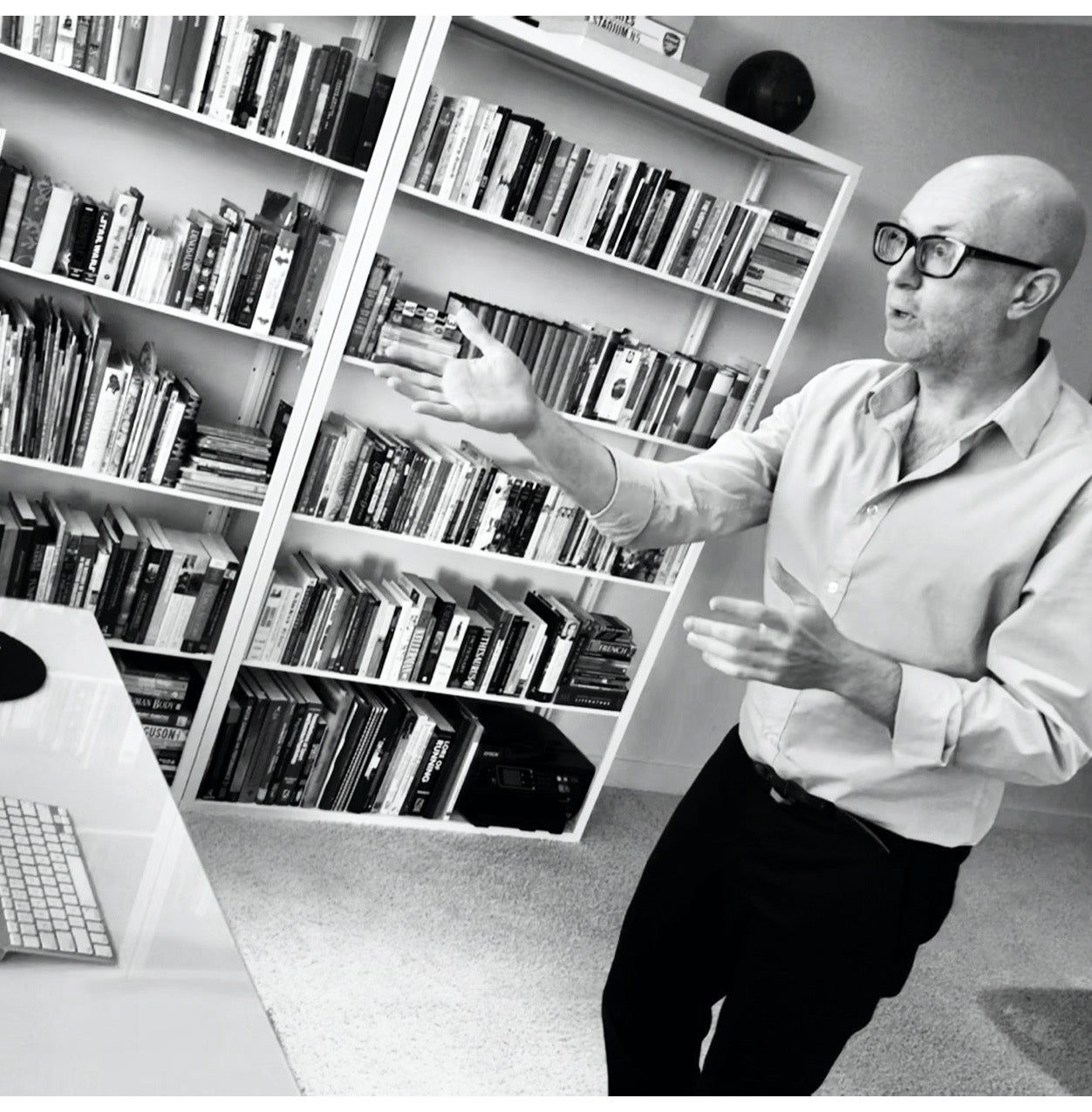Connecting Knowledge and the Helicopter
One of the features of sport science knowledge, and the coach education that follows, is that the knowledge is broken into specialist academic disciplines. This means that knowledge breaks up into different sections, or parts, making it hard to connect.
A metaphor often used to describe the breaking-up or disconnections in knowledge, is silos. The word “silo” comes from the Ancient Greek word “siros”, meaning “pit holding grain”. As a metaphor for coach knowledge, silos are significant because in the same way the grain in one store cannot mix or connect with the grain in another, it is hard to make the knowledge in one scientific silo connect with another silo… or the real-world in which all the silos are a part. Simply stated, the real-world doesn’t operate in silos but the knowledge driving it does.
The most important aspect of any science or discipline like coaching, is the ability to say or do something useful; the quality of the insights made; or adding values to more people. But if knowledge is siloed, the ability to add valuable insights is contained within the silo. Valuable insights do happen of course, but they are not so easy to make.
If in contrast, you consider the grain in the other silos, and also some of the broader, deeper, real-life contexts around as many of the silos as possible, then the qualities of the insights about the grain may improve, and values may be added to more people: which is exactly the point of the scientific knowledge in the silo anyway.
Asking questions such as how the grain in other silos affects the grain in your silo; or why, where and how the silos were originally constructed, for what purpose; why that farm or land and not another; and what as a result might be the limits in the types of grain, the unseen problems, or unintended effects and consequences and so on; can then be incredibly useful.
For they are questions that might help coaches see something useful, have a quality insight, or add value to their athletes’ practices that they wouldn’t have had otherwise. They are questions helping coaches “use” their knowledge better, or helping coaches know “how” rather than knowing “what”, as the French post-modern philosopher Jean-Francois Lyotard suggested was important.
Important for the simple reason, we all live connected lives, not siloed ones. Which by the way is what makes DU’s MASC program unique, for alongside education of leading sciences [silos], we teach theoretically-driven ways for how the knowledges connect: both to each other and to coaching’s real-worlds.
So how about an example of how a knowledge in one science [silo] changes the knowledge in another?
For most coaches and athletes, technology is incredibly helpful. “Show me the numbers” said the world’s best golfer, Rory McIlroy a few years ago. Measuring, knowing, controlling as many specific elements of development as possible, gives coaches a lot more information to make better decisions and improve performance. Or does it?
In developmental psychology, “helicopter parenting” was conceived by the child psychologist Haim Ginott in 1969, to refer to those parents unintentionally harming their children’s development by “hovering over” them, measuring, knowing, and controlling everything they do. Every-thing. And as a result, preventing those children from learning and developing themselves, preventing the mistakes that actually need to be made if they are to develop.
“Helicoptering”, measuring, knowing and controlling every-thing a person does. Very important [apparently] for coaching, but not so for parenting. Which makes little sense because parents only want the best for their children, just as coaches do for their athletes.
I’m not going to continue the helicopter analysis here, because it is just one of tons of examples of what happens when you take an element of knowledge out of its science, and consider it in relation to other knowledges or its realities. Instead I’m going to plant the thought and allow it to grow in your own minds, as you consider whether it has use for you. It may not, or it may.
But at the very least I hope you will see the value of what happens when you start connecting the knowledges you have in addition to learning the knowledges in the first place, just as we DU. #DUSport.








